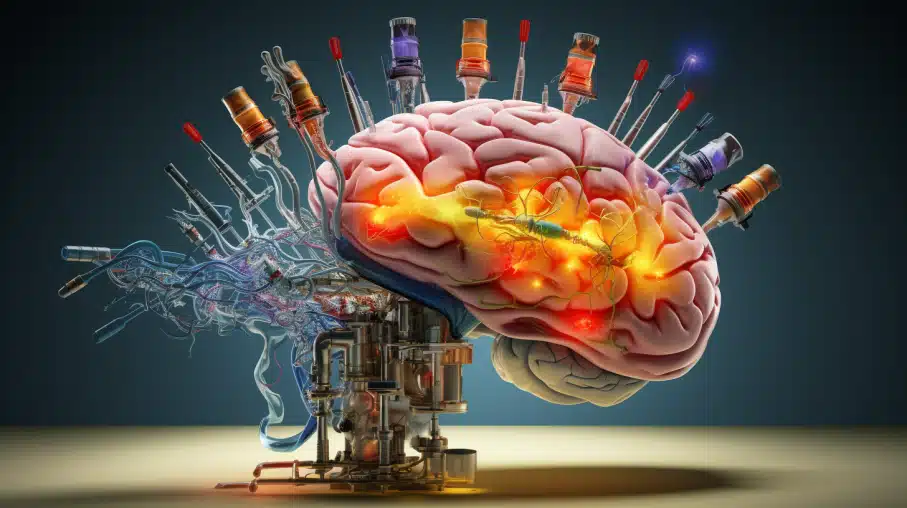Latest Treatments for Frontotemporal Dementia (FTD): High-Dose Oxytocin Emerges as the Standout (2023 Review)
Frontotemporal dementia (FTD) is a challenging and impactful neurodegenerative disease. Recent research offers new insights into its management, particularly regarding the effectiveness of pharmacological treatments. Highlights: High-Dose Oxytocin Shows Promise: High-dose oxytocin (72 international units) has been linked to significant improvements in neuropsychiatric symptoms and daily interactive activities in FTD patients. Piracetam Poses Risks: Contrarily, …






